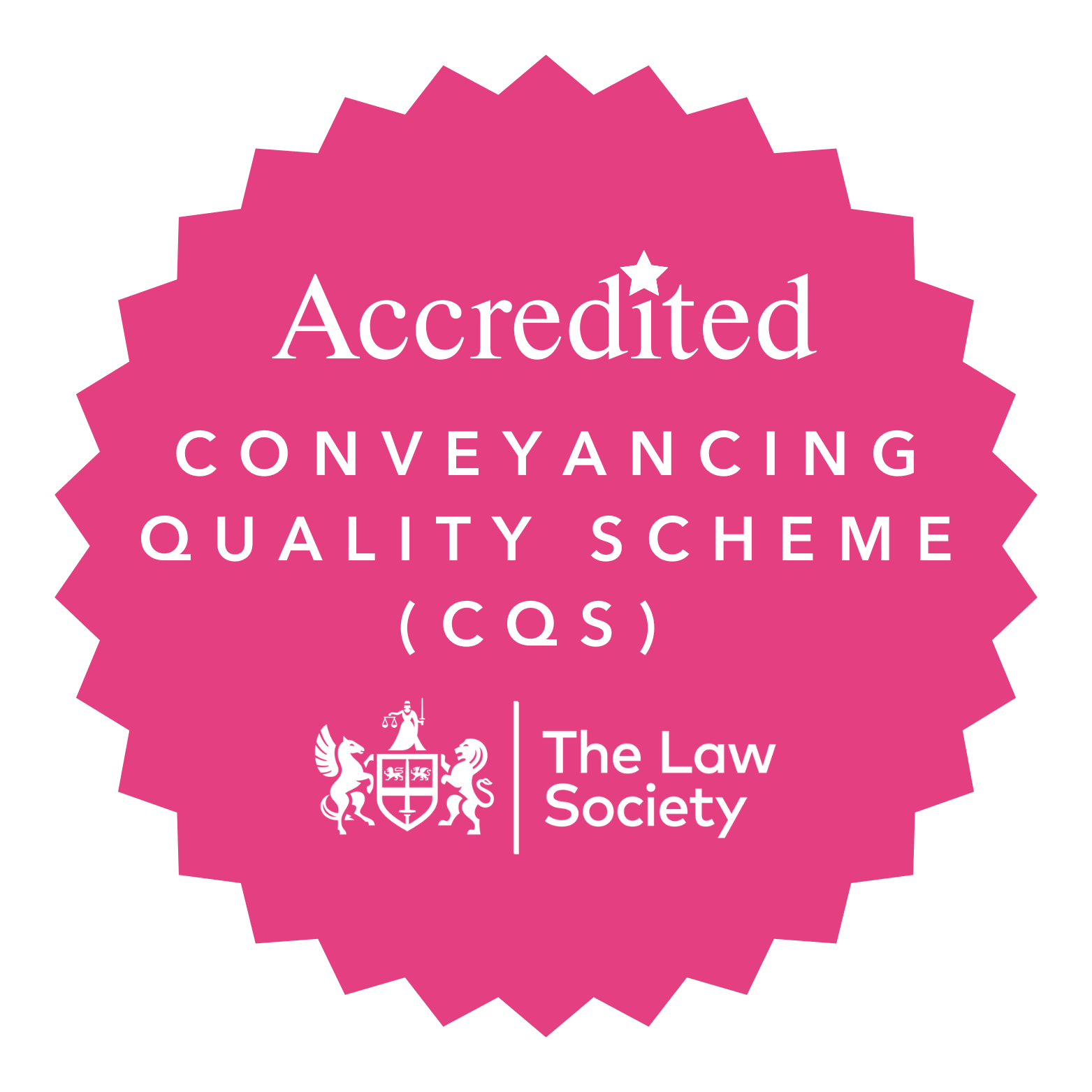This is a question we often get asked. The family home is often the main asset in a marriage and will be a crucial element of any financial settlement. Of course, it may also be of sentimental value to you if it's the place where you were once happy and raised your family. For these reasons both parties can be reluctant or resistant to moving out.
Circumstances vary considerably from couple to couple so our advice would not always be the same. It is quite common for one party to leave the family home whilst the divorce is being sorted, particularly if the situation is a hostile one. However you should not leave the family home simply because your partner tells you that you must.
We would always recommend that you obtain legal advice before taking any steps to ensure that you don't compromise any aspect of your future financial security. We offer a free first 30-minute consultation at which you can discuss such issues.
These are some of the things you should consider:
Children and Divorce
When a marriage breaks down the impact on and disruption to the children’s routine can be considerable. By staying in the family home until divorce negotiations are concluded you can maintain some sort of normality and continuity for the children.
By moving out in haste you potentially make a return to the family home more difficult and confusing for your children. If you permanently move out of the family home, leaving your partner and children to continue to reside there, this will have an impact on the amount of time your children spend with you in the interim, and may have an impact on the long-term arrangements for the children if proceedings are issued. In any event, it will have an impact on your relationship with your children.
If you are proposing to move out, it would be sensible to first agree arrangements as to when and how often the children will spend time with you once you have left.
Can we both stay in the family home?
If you and your spouse are on good terms whilst separating, it is possible to continue to live together whilst you resolve the divorce, finance and property matters. The advantage to this is that you will save on the costs of running two households from the outset, and there may be less disruption if you have children.
Sometimes divorcing couples have no option but to stay together in the family home e.g. during COVID as they were prohibited from moving to another household or when they simply can’t afford for one party to move out. Also couples often opt to stay in the family home whilst they are selling it to keep costs to a minimum.
Sometimes financial negotiations can proceed faster when you are living under the same roof because it provides an impetus to reach an agreement and move on with your separate lives.
Another reason you might choose to stay in the family home is where you will require a valuation of it, and you believe that there is a risk of your spouse causing damage to the property which might devalue it. You might decide to stay to ensure that the property stays in a reasonable and marketable condition.
The practicality of these arrangements will depend on the ongoing relationship you have with the other party and your own financial and family circumstances. One size does not fit all.
Do I lose my rights to the property if I move out of the family home?
When the family home is jointly owned, you do not lose your rights simply by moving out of it. Your rights in respect of the property will vary dependent on your particular situation.
Who owns the home?
Make sure you understand exactly how the property is owned. Are you joint tenants in equal shares or are you tenants in common either in equal or unequal shares?
What if my partner solely owns the property?
If you are married and your spouse owns the family home in their sole name, you may still be entitled to a share in the equity of the property even if your name is not on the deeds at the Land Registry. You may be able to register matrimonial home rights in the property which will allow you to occupy the home without being disturbed or removed. You should seek legal advice on this at an early stage to protect your interests.
If you are not married to your partner and do not own the property in joint names you should take legal advice because matrimonial home rights will not be available to you, however there may be other ways to protect yourself by registering a notice or restriction at the Land Registry.
Can I change the locks to keep my partner out?
In theory you can change the locks, although this is not a course of action that we would recommend. If the home is owned jointly by you and your spouse, you will both have the rights to occupy the property unless a court orders otherwise. So, if you were to change the locks without your spouse’s consent, they would be within their rights to regain entry by changing the locks again themselves. Although you may feel empowered by taking this action it is only likely to add to the overall conflict and cost by antagonising the other party.
What if my partner is abusive?
If your partner is abusive you can apply for an Occupation Order and also a Non- Molestation Order which is intended to prevent your partner from causing you harm. If you are in danger, however, you should call the police immediately.
We offer a free 30 minutes first consultation at which you can discuss any of the issues above. Rather than worry about things, take some advice from our experienced team. Contact sdavies@pickerings-solicitors.com or call 01827 317070.
See also:
Divorce Frequently Asked Questions
Free 30 Minute Divorce Consultation
The contents of this article are intended for general information purposes only and shall not be deemed to be or constitute legal advice. We cannot accept responsibility for any loss as a result of acts or omissions taken in respect of this article.




